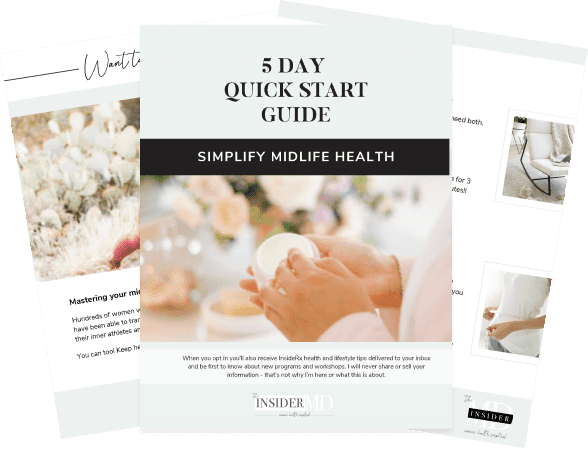
Menopause And Headaches: Understanding The Connection And How To Manage
There are many types of headaches. Tension headaches are the most common overall, but migraine headaches are most often linked to the menopause transition. Migraine headaches affect 12% of the US population and three times as many women as men experience them.
Menopause and Headaches – What’s The Connection?
Hormonal fluctuations such as menstrual periods, pregnancy, and perimenopause are known to trigger migraines.
Migraines that occur during a woman’s menstrual cycle are thought to be due to falling estrogen levels just before flow begins. During perimenopause, estrogen levels fluctuate erratically and decline which may cause an increase in the frequency of headaches.
Menopause And Headaches FAQs
Are Headaches Common With Menopause?
Every woman is unique and menopause may affect headaches in different ways.
Migraine headaches may start for the first time, or worsen, around perimenopause because of hormonal fluctuations.
Does Hormone Replacement Help?
The goal of hormone replacement for menopause symptoms is to stabilize estrogen levels by taking the lowest possible dose that relieves symptoms. But the effect on migraines varies. Some women experience a decrease in severity and frequency of migraines. Others may have worse symptoms.
Some women need hormone replacement for moderate to severe menopause symptoms like hot flashes and night sweats but develop headaches as a result. In this case, you and your doctor may try adjusting the dose or methods (ie patches, pills, etc) to find the best result.
What Do Menopause Migraines Feel Like?
Migraines are typically intense, painful and cause a throbbing sensation that is worse on one side of the head. They are aggravated by physical activity and can be associated with nausea, vomiting, light sensitivity, and noise.
How Long Do Menopause Headaches Last?
Migraines usually last hours to a few days. They may occur rarely or up to several times a week.
What Are The Treatment Options?
The good news is that migraines typically stop or become less severe after menopause is reached because the monthly hormonal fluctuations of the menstrual cycle stabilize to a steady low level.
Keeping a headache diary is helpful to identify any pattern. Keep well hydrated. Stress reduction, getting exercise, changes in diet, a regular sleep/wake schedule, relaxation techniques, and acupuncture can all help.
Sometimes over-the-counter (OTC) pain medications such as ibuprofen can help. Some doctors advise taking these on a scheduled basis, before the onset of pain.
If more help is needed, talk to your doctor about prescription medications to either prevent migraines from happening or to stop them after they have begun.
Menopause And Headaches: Final Thoughts
The connection between menopause and headaches is in large part due to fluctuating hormone levels during perimenopause. It’s not guaranteed, but menopause, when your periods finally stop completely and estrogen levels stabilize, can bring many women relief from menopause-related headaches.
Until then, you should keep a headache diary and work with your doctor to find the best lifestyle changes or combination of medications for you.
If you notice your headaches are interfering with your daily life or getting worse, you should make an appointment with your doctor who can rule out other causes and work with you to find a good treatment plan.

MEET DR. ELLEN
My mission is to bring you the most up-to-date, proven medical information, simplified, so you can make confident, educated decisions about your health.
I'M LOOKING FOR...
grab your 5 day
quick start guide



